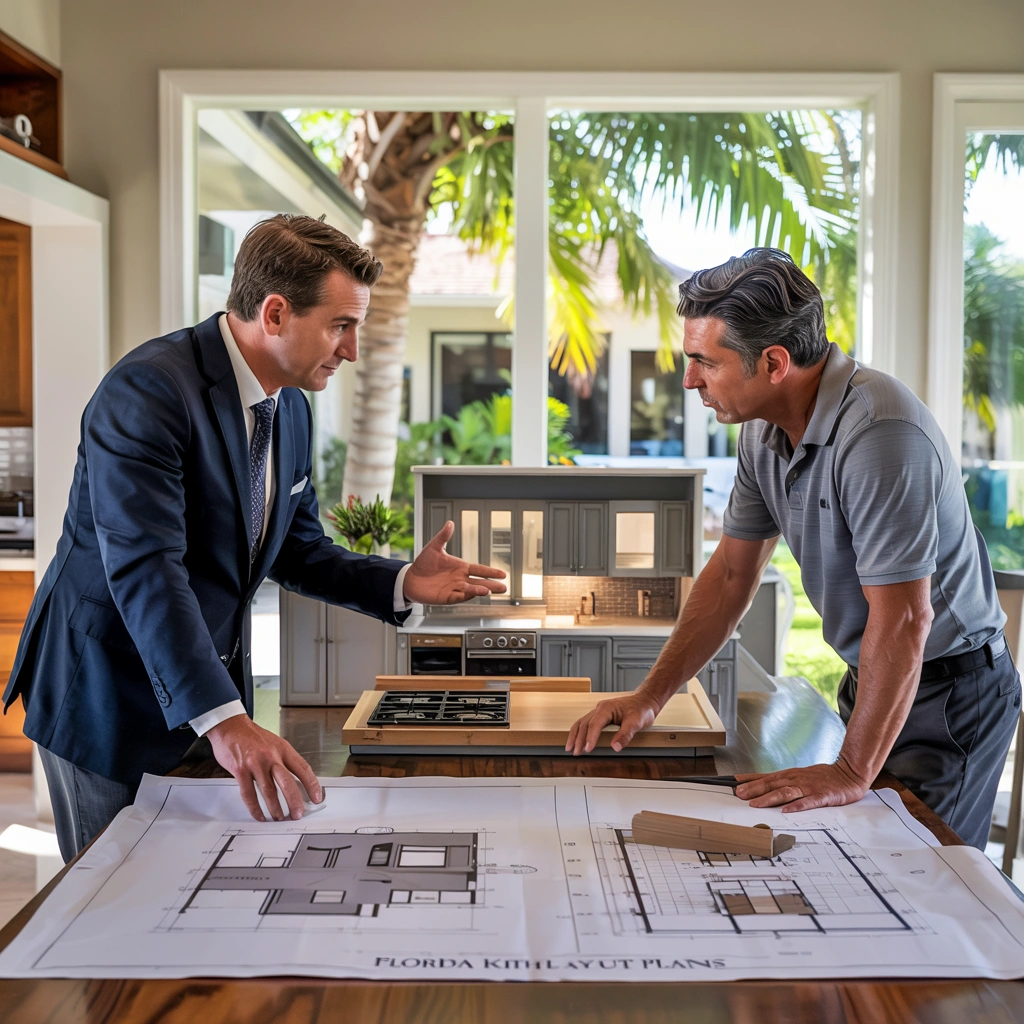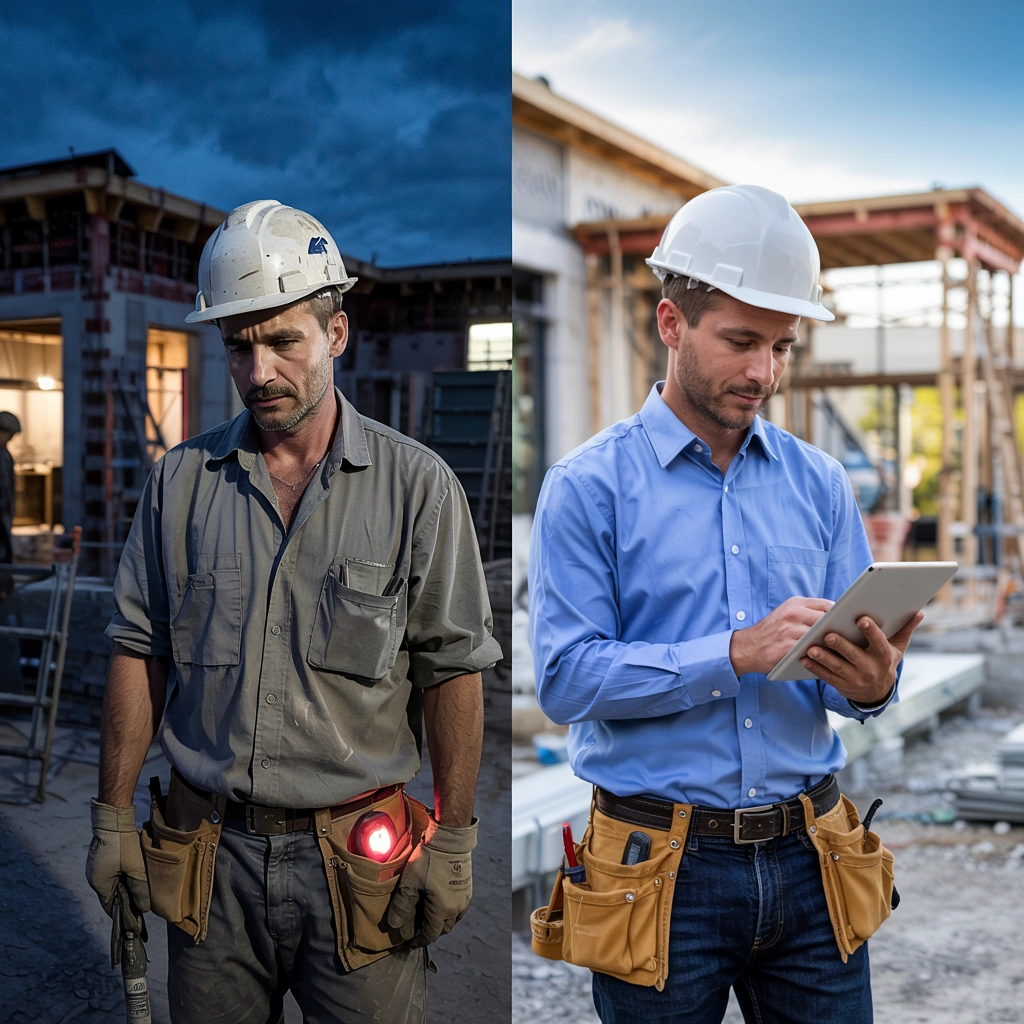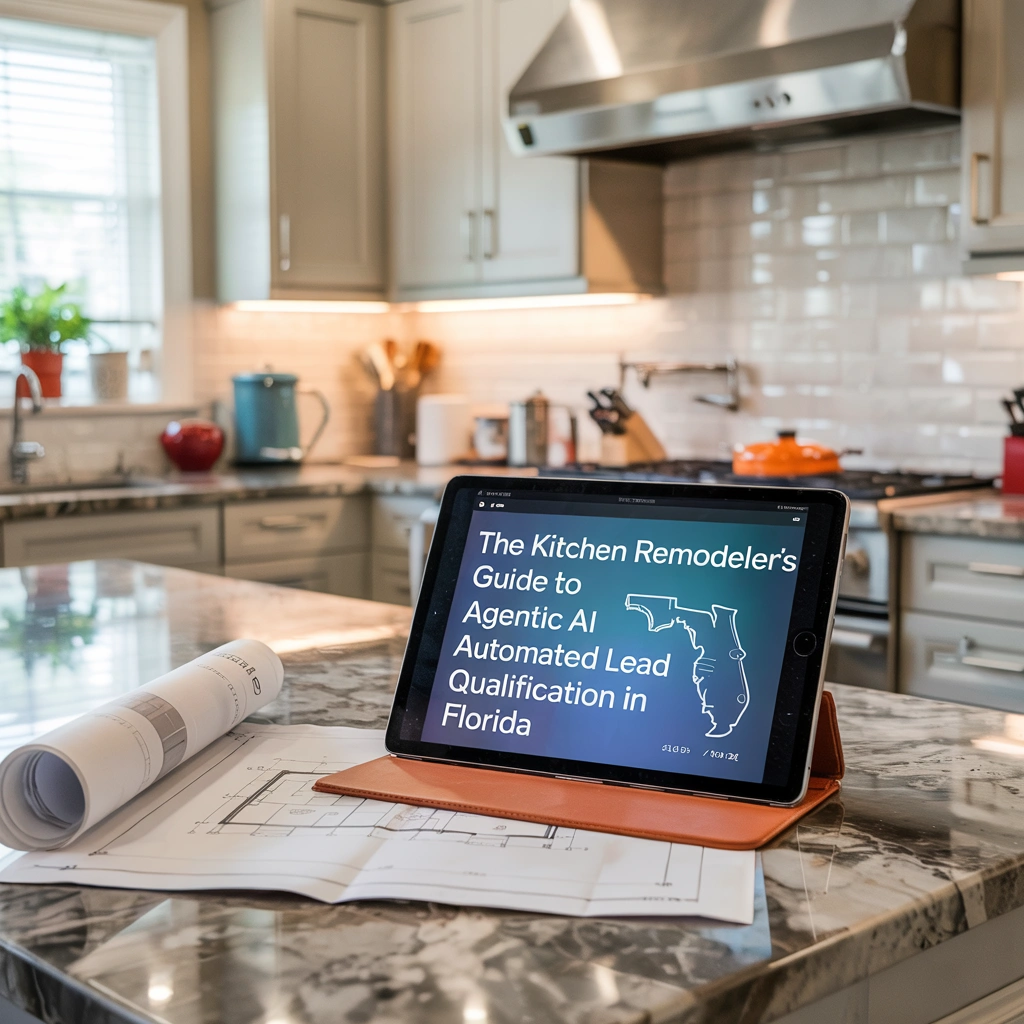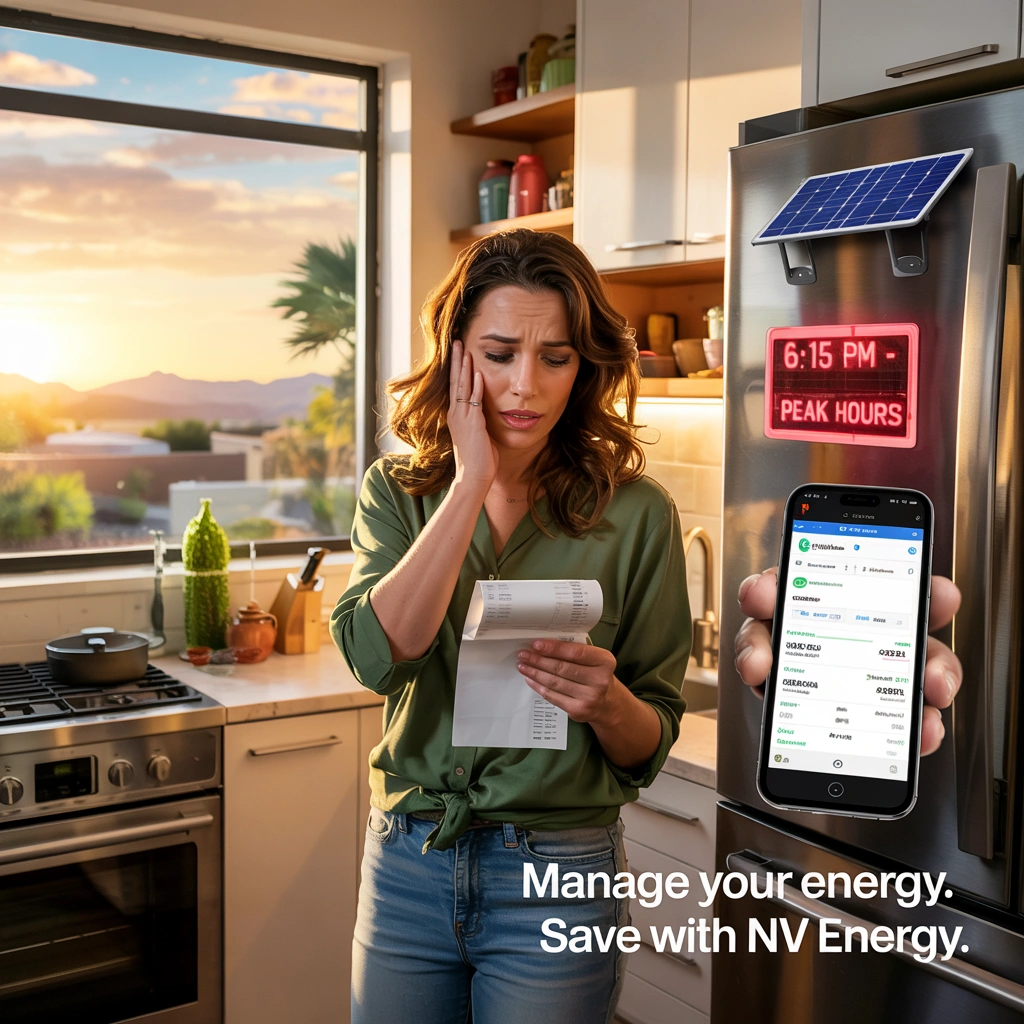
Summary: Planning a Florida kitchen remodel? The choice between hiring an architect or general contractor could make or break your project—and most homeowners don’t realize Florida’s unique climate demands create challenges that require very specific professional expertise.
Key Takeaways
- Florida homeowners planning kitchen remodels should hire architects for structural changes, complex layouts, or historic home renovations requiring specialized design expertise
- General contractors excel at standard renovations, budget-focused projects, and faster timeline requirements without extensive structural modifications
- Florida’s unique climate demands hurricane-resistant design and humidity control measures that both professionals must address
- Design-build firms combine architectural and construction services, offering streamlined communication and unified project responsibility
- Understanding project scope, local building codes, and cost factors helps determine which professional delivers the best results for specific renovation goals
Florida Kitchen Remodels Demand Specialized Professional Expertise
Planning a kitchen renovation in Florida presents unique challenges that homeowners across the Sunshine State encounter daily. The decision between hiring an architect versus a general contractor can make or break project success, affecting everything from timeline to final costs. Florida’s demanding climate, strict building codes, and hurricane-resistant construction requirements add complexity layers that require professional expertise.
Many Florida homeowners struggle with this choice because both professionals offer valuable but different services. The wrong decision leads to budget overruns, design disappointments, or construction delays that stretch projects for months beyond expectations. Understanding when each professional fits specific project needs helps avoid costly mistakes and ensures renovations progress smoothly from initial planning through completion.
The key lies in matching project requirements with professional strengths. Kitchen remodel timelines in Florida are influenced by the choice of professional, along with project scope, material availability, and permitting processes, all of which can affect completion schedules. Structural modifications, design complexity, and local permit requirements all influence which professional delivers optimal results for specific renovation goals.
When an Architect Is Your Best Choice
Architects bring specialized design expertise and structural knowledge that becomes essential for complex kitchen renovations. They approach projects from a holistic perspective, considering spatial relationships, building integration, and long-term functionality. Licensed architects understand building codes intimately and can navigate the complex regulatory environment that Florida homeowners face during major renovations.
Structural Changes and Load-Bearing Wall Removals
Choose an architect when renovation involves removing walls or modifying structural elements that affect building integrity. Florida homes often feature unique construction methods, from concrete block construction to elevated foundations, requiring specialized knowledge. Architects work with structural engineers to ensure modifications meet safety requirements while achieving desired open-concept layouts.
Load-bearing wall removal needs professional calculations to maintain building integrity during Florida’s hurricane season. When structural modifications are needed, many Florida counties require licensed architects or engineers to stamp plans, which can potentially lead to faster permit approvals and fewer inspection issues. Check with your local building department for specific requirements. These professionals understand how structural changes affect other home areas and design support solutions that maintain safety standards.
Complex Layouts and Custom Design Solutions
Architect expertise becomes necessary for spatial challenges or custom design elements that standard renovation approaches cannot address. Multi-level kitchens, unusual room shapes, or integration with outdoor spaces require detailed planning that balances functionality with aesthetic appeal. Florida’s indoor-outdoor living preferences often create unique design challenges requiring professional coordination.
Custom cabinetry integration, unique storage solutions, and specialized appliance installations benefit from architectural planning and coordination. They work directly with millwork specialists and custom fabricators to achieve precise results that maximize both form and function. Advanced lighting schemes, electrical requirements, and smart home integrations also need architectural coordination for optimal results.
Historic Home Renovations in Florida
Florida’s historic homes require specialized knowledge of preservation guidelines and restoration techniques that maintain architectural character. Architects understand historic district requirements and appropriate renovation approaches that balance modern functionality with historic preservation. They navigate complex approval processes while ensuring renovations enhance rather than compromise historic value.
Older Florida homes often feature unique construction methods like Dade County pine framing or original coral stone foundations, requiring careful modification approaches. Architects research original building techniques and materials to ensure appropriate updates that respect architectural heritage. They also handle preservation society requirements and historic tax credit applications that can offset renovation costs.
Navigating Florida’s Strict Building Codes
Florida building codes can vary from one city or county to another, making it crucial to familiarize yourself with local regulations and consult with professionals for permit requirements. Choose architects for projects requiring permits or unusual code interpretations, particularly those involving structural, electrical, or plumbing modifications. Florida building codes include specific hurricane resistance and flood plain requirements that exceed national standards.
In Florida, permits are typically required for kitchen remodeling projects involving structural changes, electrical work, plumbing alterations, or major layout changes. Architects prepare detailed permit applications that address all code concerns and communicate effectively with building departments to resolve permit issues quickly and efficiently.
General Contractors Excel for Standard Renovations
General contractors focus on construction execution and project management, bringing practical expertise that accelerates standard kitchen renovations. They coordinate subcontractors, manage material deliveries, and ensure work meets building standards through established relationships with local suppliers and trade professionals. Licensed contractors understand local permit processes and maintain relationships with inspectors that facilitate smooth project progression.
Budget-Focused Remodeling Approaches
A realistic budget for a kitchen remodel in Palm Beach, Florida, can range from $13,000 to $50,000 or more, with some projects exceeding this range, depending on the project’s scope, desired features, and specific location within Palm Beach County. Contractors often provide more cost-effective solutions for budget-focused renovations through their material sourcing relationships and construction efficiency. They suggest practical alternatives that achieve desired results within budget constraints without compromising essential functionality.
Value engineering expertise helps identify cost-saving opportunities that maintain quality standards while reducing overall expenses. The average cost of a kitchen remodel in Florida ranges from $100 to $300 per square foot, though this can vary, with total project costs typically falling between $15,000 and $90,000 or more, depending on size, finishes, layout changes, and the specific location within Florida. Contractors understand which elements impact functionality versus those that are purely aesthetic, helping prioritize spending on features that provide long-term value.
Faster Timeline Requirements
Choose contractors when the timeline speed becomes the primary concern for kitchen renovation completion. They begin construction sooner with simplified design processes that eliminate lengthy planning phases. Material ordering and subcontractor scheduling proceed faster with established workflows and supplier relationships that contractors maintain year-round.
Kitchen remodel timelines in Gainesville, Florida, can vary. While some projects, particularly those retaining the existing layout and primarily changing finishes, may be completed in a shorter timeframe, more extensive remodels can take 9 to 12 months or longer, depending on the scope and complexity of the project. A full kitchen renovation involving layout changes and altering plumbing and electrical service locations in Sarasota can typically take two to four months, or longer, depending on the project’s complexity and material availability, when managed by experienced contractors. Emergency renovation situations benefit from their rapid response capabilities and immediate resource availability.
Cosmetic Updates and Surface-Level Changes
Surface-level renovations like countertop replacement, backsplash installation, or cabinet refacing work exceptionally well with contractor management expertise. These projects require construction knowledge more than extensive design work, allowing contractors to coordinate updates efficiently. They handle multiple trades simultaneously to minimize disruption and accelerate completion timelines.
Appliance replacements and fixture updates fall within standard contractor services that require minimal design coordination. In Florida, electrical and plumbing work for a kitchen remodel can cost between $2,000 and $6,000, or potentially more depending on the project’s scope, complexity, and local labor rates. This work should always be handled by licensed professionals to ensure code compliance and safety. Contractors manage these connections efficiently while ensuring all work meets Florida’s stringent electrical and plumbing codes.
Florida’s Climate Creates Unique Kitchen Challenges
Florida’s subtropical climate presents specific challenges that affect kitchen remodel planning and execution throughout the state. High humidity, salt air exposure in coastal areas, and extreme weather events require specialized approaches to material selection and construction methods. Both architects and contractors must understand these environmental factors to ensure long-lasting renovation results.
Hurricane Resistance and Structural Requirements
In South Florida, kitchen remodels require specialized features like hurricane-resistant design, marine-grade materials, and enhanced ventilation systems to combat salt air corrosion and humidity. Coastal areas face additional wind speed requirements and impact-resistant window specifications that affect renovation planning and material costs. Kitchen ventilation systems need special attention in high-wind zones to prevent backdrafts and maintain proper operation during storms.
Homes By Strong Sarasota specializes in hurricane-resistant luxury kitchens that combine elegance with strength, ensuring families can enjoy their kitchens for decades. Emergency power connections and gas shutoffs require professional planning to maintain functionality during power outages. Impact-resistant materials and reinforced connections become essential elements rather than optional upgrades in hurricane-prone areas.
Humidity Control and Material Selection
Florida’s high humidity affects material selection and ventilation design throughout kitchen remodels, requiring careful consideration of moisture-resistant products. Proper moisture control prevents mold growth and structural damage that can compromise renovation investments within months of completion. HVAC integration requires careful planning to maintain comfort and air quality year-round.
Wood products, adhesives, and finishes must withstand humidity fluctuations that can cause warping, delamination, or finish failure. Ventilation fan sizing and ducting design need professional calculation for Florida conditions to ensure adequate moisture removal. Dehumidification systems may require integration with kitchen renovations to maintain optimal indoor air quality throughout humid summer months.
Design-Build Firms Offer Combined Services
Design-build firms combine architectural design and general contracting services under single contracts, providing unified responsibility for both design and construction phases. This approach eliminates coordination challenges between separate professionals while ensuring design feasibility and construction efficiency. Communication flows through a single point of contact throughout projects, reducing miscommunication and finger-pointing that can derail renovations.
Design-build teams work collaboratively from project inception through completion, with architects and contractors coordinating closely throughout the process. Cost control benefits from early contractor input during design development, preventing expensive design modifications during construction. Value engineering happens naturally when both professionals collaborate early, identifying cost-effective solutions that maintain design integrity while meeting budget requirements.
Cost Factors Influence Your Professional Choice
Understanding cost implications helps homeowners make informed decisions about professional selection and budget allocation. Different professional approaches yield varying cost structures and fee arrangements that affect overall project expenses. For kitchen remodels in Florida, labor fees typically range from 18% to 40% of the total budget, depending on the project’s complexity and location, highlighting the importance of hiring skilled professionals for specialized tasks.
Architect Fees Typically Range from 5% to 20% of the Total Construction Cost
Architect fees typically range from 5% to 20% of the total construction cost, but can vary based on the project’s complexity, scope of services provided, and the architect’s experience and location. Projects requiring extensive design development, custom elements, or structural modifications increase percentage fees accordingly. Fixed fees work better for well-defined project scopes with limited design variables.
Architect involvement often increases overall project costs through enhanced design and premium material specifications that elevate final results. However, thorough planning prevents costly changes during construction that can escalate budgets significantly. Professional design coordination reduces errors and rework expenses that commonly occur with less thorough planning approaches.
General Contractor Pricing and Value Engineering
Contractors typically provide fixed-price bids for defined scopes of work that include all labor, materials, and subcontractor costs. Their pricing includes markup percentages that vary based on project requirements, market conditions, and complexity factors. Transparent pricing helps homeowners understand exactly what services and materials are included in renovation costs.
Contractor efficiency in material purchasing and labor coordination often reduces overall project costs compared to homeowner management. Their established supplier relationships provide competitive pricing and priority scheduling that can accelerate project completion. However, design changes during construction may increase costs through change orders that add both materials and labor expenses.
Choose Based on Your Project Scope and Florida’s Requirements
The decision between hiring an architect or general contractor for Florida kitchen remodels ultimately depends on specific project requirements, budget constraints, and timeline needs. Structural modifications, advanced designs, and historic homes typically benefit from architectural expertise and thorough planning. Standard renovations, budget constraints, and faster timelines often work better with general contractor management and streamlined execution.
Florida’s unique climate and building requirements add complexity layers to kitchen remodel decisions that require professional familiarity. Hurricane resistance, humidity control, and local building codes demand expertise that ensures compliant and durable renovations. Whether choosing an architect, contractor, or design-build approach, thorough vetting and clear communication create the foundation for a successful kitchen transformation that meets both functional needs and aesthetic goals.
Take time to evaluate specific renovation needs against each professional approach’s strengths and limitations. The right choice leads to a kitchen renovation that meets functional requirements, aesthetic goals, and budget parameters while successfully handling Florida’s unique construction environment. For guidance on managing your renovation timeline and expectations, M&J Trusted Marketing provides expert insights into Florida kitchen remodel planning at https://www.trustedmarketing.se.
Frequently Asked Questions
How Kitchen Remodeling Companies Can Leverage This Content
This informative article, “Florida Kitchen Remodel: When to Hire an Architect vs. a General Contractor” can be adapted and repurposed across multiple marketing formats to help increase website traffic for kitchen remodeling services, build trust with potential clients, and differentiate their services in a competitive market. We help with The Florida Remodeler’s Guide to Trust-Building Content That Drives Traffic by transforming technical content into powerful marketing campaigns across all digital channels, ensuring maximum reach and engagement with potential customers.







